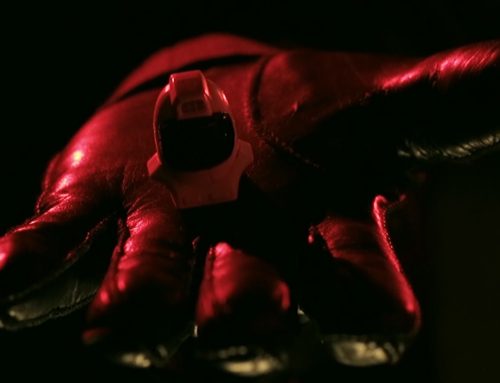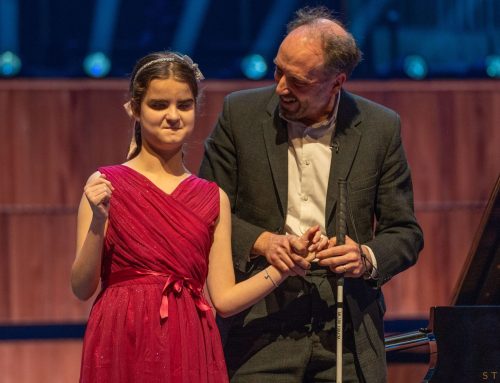The Liverbirds: The Female Beatles from Liverpool
If you are a fan of the Beatles, you may have heard of the Liverbirds, an all-female rock band from Liverpool that was active in the 1960s. The Liverbirds were one of the first and few female bands on the Merseybeat scene, as well as one of the first all-female rock and roll bands in the world. They took their name from the liver bird, a mythical creature that is the symbol of their native city. In this blog post, I will tell you more about the history and achievements of this remarkable group.
The Liverbirds were formed in 1963 by four young women who shared a passion for music: Valerie Gell (vocalist and guitarist), Pamela Birch (guitarist and vocalist), Mary McGlory (bassist and vocalist), and Sylvia Saunders (drummer). They were inspired by the success of the Beatles and other local bands, but they faced a lot of challenges and prejudice as a female group in a male-dominated industry. John Lennon of the Beatles famously told them that “girls” were unable to play guitars, which only motivated them to prove him wrong.
The Liverbirds soon found more recognition and opportunities in Germany than in Britain. They followed the footsteps of the Beatles and moved to Hamburg, where they performed at the Star-Club, a famous venue for rock music. They were billed as “the female Beatles” and attracted a large fan base. They also released two albums and several singles on the Star-Club’s own label, one of which, a cover of Bo Diddley’s “Diddley Daddy”, reached No. 5 on the German charts.
The Liverbirds broke up in 1968, after finishing a tour of Japan. They briefly reunited in 1998 for a charity concert. Three members of the band settled in Germany permanently, while Saunders moved to Spain. Birch died in 2009 and Gell died in 2016, leaving McGlory and Saunders as the surviving members.
The Liverbirds may not have achieved the same fame and fortune as the Beatles, but they were pioneers in their own right. They paved the way for other female rock bands and showed that women could rock as hard as men. They also left behind a legacy of catchy songs and memorable performances that are worth rediscovering today.


